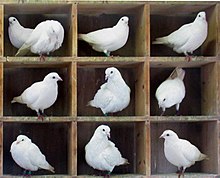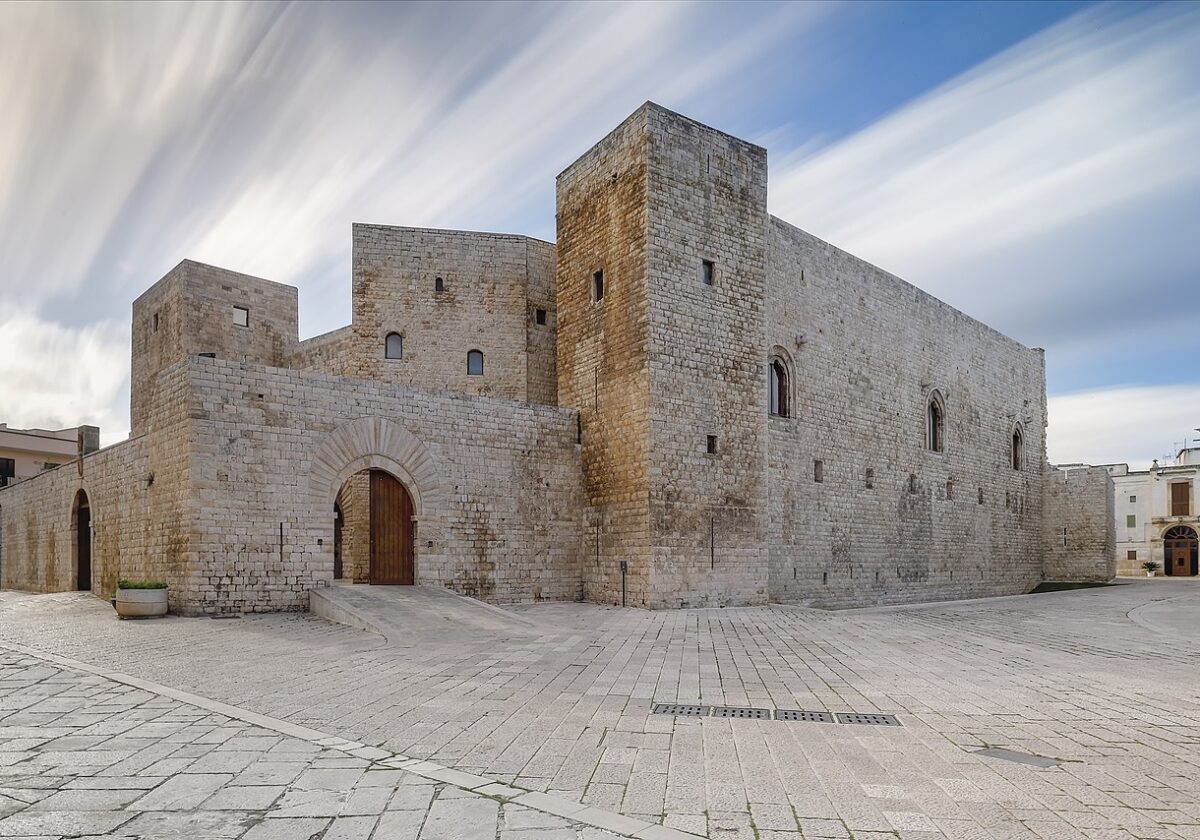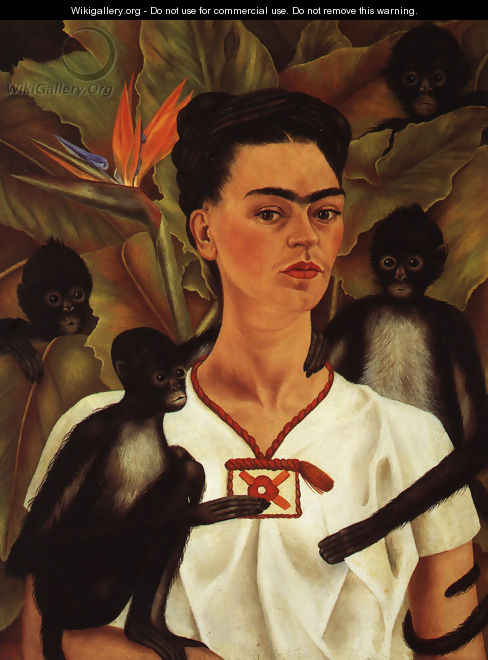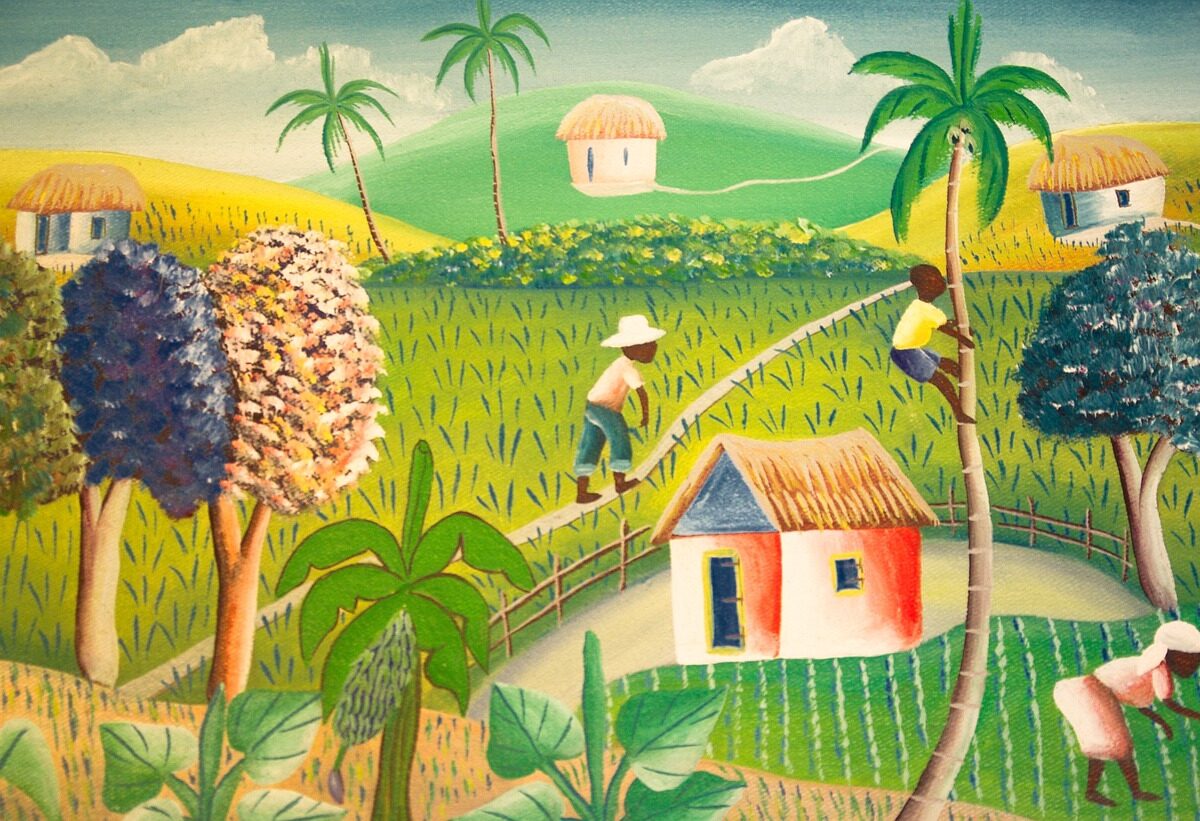Excellent thoughts on Latin American fiction, magical realism, and the politics of literature…
Via Salon.com (originally posted in 1997):
when I was just starting out as a writer at home in Santiago, Chile, in the late 1980s, the nation’s premier writer, Jose Donoso, who died late last year, invited me to participate in a workshop to be held at his house, and he eventually became something of a mentor to me. I usually took whatever advice he had to offer. Donoso had taught creative writing at the University of Iowa in Iowa City during the 1960s and always talked about it with great nostalgia and respect. He encouraged me to apply to the International Writers Program there, and after a couple of letters and some string-pulling, I got in, arriving at Iowa from Chile in the summer of 1994 with high hopes.
I had a secret agenda that wasn’t really a secret at all: I wanted to take advantage of my being in the heart of the heart of the literary land. And I also wanted get published in the States, the home of so many writers and artists who had inspired me. To be published in English, in a sense, was like joining that group. Iowa City, to me, was the promised land. I felt like a true literary pilgrim, and it seemed altogether appropriate that my dorm was called the Mayflower. I felt I had arrived at last, but I soon found that I still had a long way to go. Unlike most of the other participants, I wasn’t out to write a book or get my first novel published. I already had three under my belt. The problem was: They were in Spanish.
My first afternoon at Iowa proved to be a sign of things to come. I was invited, along with the other foreign writers, to a welcome reception. There were people from Nigeria, India, Syria, Malaysia, Burma, Poland and Israel. One of the program coordinators casually suggested it would be great to see everyone in their “native outfits.” So, following his suggestion, I went down in an MTV Latino T-shirt (sent to me by a VJ friend), baggy shorts and a pair of Birkenstocks. The coordinators were disappointed, to say the least.
After a few weeks, I began to suspect that I might actually have a chance at getting published in English, even if I didn’t have the right outfit. After all, I was Latino, and everything Latino was “hot.” Bookstore shelves were peppered with Latino names and colorful dust jackets: Santiago, Alvarez, Cisneros, Anaya, Esquivel, Castillo, Allende, Rodríguez, Viramontes. There seemed to be a Spanish-language wave that I wanted to ride on my South American board. I couldn’t believe my luck. I figured that all I had to do was get someone to translate something I wrote, and then my work would speak for itself.
A student translator eagerly invited me to her house one day. She served me some nachos with salsa and put on a Silvio Rodríguez tape (Rodríguez is a pro-Castro Cuban troubadour) in an effort to make me feel “at home.” She began our work session with her opinion: She really enjoyed my work, but somehow, she felt, it lacked “magical realism.” We worked on it, but the flying abuelitas and the obsessively constructed genealogies didn’t seem to fit in my work. Weeks later, the Iowa Review rejected the first story I submitted to them. In a polite letter, I was gently told that it wasn’t what they were looking for. In fact, the story I had written could easily have taken place right here, in America, they said.
I got the message. I knew I had done something wrong, and I had the sinking feeling that my North American glory days had come to an end before they had even gotten started. Add some folklore and a dash of tropical heat and come back later. That was the message I heard. So I went back to the bookstores and took a closer look at all those novels with Hispanic authors. Sure enough, they fit the formula. They had done their homework. Each book offered either color-by-numbers magical realism or the cult of the underdeveloped. Sagas of sweaty migrant farm laborers, the plight of misunderstood political refugees or the spicy violence of the barrio. All decent themes, of course, but quite removed from my middle-class, metropolitan Chilean existence. All of a sudden, it hit me: I was Latin American, all right — I just wasn’t Latino enough. My American dreams came to an abrupt end.
Fast forward: Things happened, and a combination of luck, good timing and the right people came into my life. My first book, “Mala Onda,” was finally accepted for publication in the United States by a large New York publishing house. Luckily, I found an editor who felt as I did: He was fed up with García Márquez wannabes and is a true believer in cultural realism, a sort of NAFTA-like writing that he felt I exemplified. Great. However, I realize now more than ever that I still somehow don’t feel part of the Latino canon. And I wonder if I ever will. But what can I do? My language is Spanish and my home is in South America. How much more Latino can you get?
The thing is, I get suffocated by thick, sweet, humid air that smells like mangos, and I get the munchies when I begin to fly among thousands of colorful butterflies. I can’t help it; I’m an urban dweller through and through. The closest I’ll ever get to “Like Water for Chocolate” is cruising the titles at my local Blockbuster.
Reinaldo Arenas, the well-known writer and Cuban exile, hit the nail on the head when he attacked the South American literary stereotypes that so-called “developed” countries have fostered. “To write in Latin America is a drama (whether conscious or not), played out beneath the eternal double curse of underdevelopment and exoticism.” Arenas feels that Latin American magic realism has degenerated to the point that its dominant theme is nothing more than a desire to pander to the magic-starved sensibilities of North American and European readers. I tend to agree with him.
“The other side of the curse is that of conformity. We [Latinos] … are [considered] noble savages, simple, passionate beings whose only goal in life is to cultivate an acre of land, and dance the cumbia … By taking the path of exoticism, and with the paternalistic support and understanding proffered by the Europeans and North Americans, one can easily reach fame and fortune, and, sometimes even the Nobel Prize.”
Exactly. Unlike the ethereal world of García Márquez’s imaginary Macondo, my own world is something much closer to what I call “McOndo” — a world of McDonald’s, Macintoshes and condos. In a continent that was once ultra-politicized, young, apolitical writers like myself are now writing without an overt agenda, about their own experiences. Living in cities all over South America, hooked on cable TV (CNN en español), addicted to movies and connected to the Net, we are far away from the jalapeño-scented, siesta-happy atmosphere that permeates too much of the South American literary landscape.
Julian Barnes echoes this feeling in his novel “Flaubert’s Parrot,” where his scholarly narrator declares that the entire genre of magical realism should be banished: “A quota system is to be introduced on fiction set in South America,” he says. The example he gives speaks for itself. “Ah, the fredonna tree whose roots grow at the tip of its branches, and whose fibers assist the hunchback to impregnate by telepathy the haughty wife of the hacienda owner …”
Writers today who mold themselves after the Latin American “boom” writers of the 1960s (García Márquez, Carlos Fuentes, Mario Vargas Llosa, to name a few) have transformed fiction writing into the fairy-tale business, cranking out shamelessly folkloric novels that cater to the imaginations of politically correct readers — readers who, at present, aren’t even aware of Latino cultural realism. David Gallagher, writing from Chile for the London Times Literary Supplement, considers this obscurity an asset: “These writers don’t have an international reputation to protect. Nor do they feel the necessity of submerging themselves in the waters of the politically correct. Since they don’t have the advantage of living abroad, they wouldn’t even know how to write a PC novel … they aren’t writing for an international audience, and therefore, have no need to maintain the status quo of the stereotypical Latin America that is packaged up for export.”
I feel the great literary theme of Latin American identity (who are we?) must now take a back seat to the theme of personal identity (who am I?). The McOndo writers — such as Rodrigo Fresán and Martin Rejtman of Argentina, Jaime Bayly of Peru, Sergio Gómez of Chile, Edmundo Paz Soldán of Bolivia and Naief Yeyha of Mexico, to name a few — base their stories on individual lives, instead of collective epics. This new genre may be one of the byproducts of a free-market economy and the privatization craze that has swept South America.
I don’t deny that there exists a colorful, exotic aspect to Latin America, but in my opinion, life on this continent is far too complex to be so simply categorized. It is an injustice to reduce the essence of Latin America to men in ponchos and sombreros, gun-toting drug lords and sensual salsa-swinging señoritas. As a character from my second book said: “I want to write a saga, but without falling into the trap of magical realism. Pure virtual realism, pure McOndo literature. Kind of like ‘The House of the Spirits,’ only without the spirits.”
In the past, Latin American writers felt compelled to leave their home countries to be able to write about them. Not only were they seeking political freedom, but cultural nutrition. As expatriates, they idealized their countries to the point that they created a world that never really existed. I feel very comfortable at my desk in Santiago, writing about the world around me. A world that comes to me through television, radio, the Internet and movies, which I send back through my fiction. My Latin American fiction.
June 11, 1997
“Alberto Fuguet is a freelance journalist and the author of the novel “Bad Vibes” (St. Martin’s Press). He lives in Santiago, Chile.” Born in Santiago de Chile, Alberto Fuguet spent his early childhood in
California. He is one of the most prominent Latin American authors of his
generation and one of the leaders of the literary movement known as McOndo,
which proclaims the end of magical realism. He has been a film critic and a
police reporter.Visit him at www.albertofuguet.cl







Latinos and magic? You should check out The Magical Latina on Livin' la vida Latina.
livinlavidalatina.blogspot.com
Nice article. Thank you for sharing super smash flash 2 | happy wheels | unblocked games | gmail sign in | hotmail sign in lightsaber escape | gmail sign up | gmail account login | gmail login